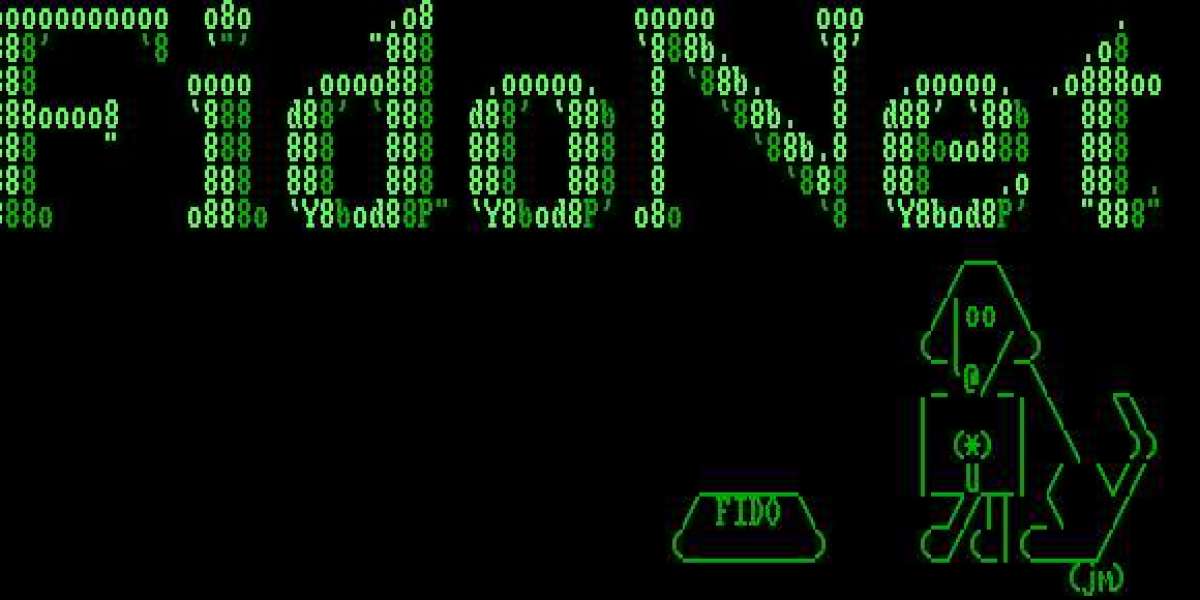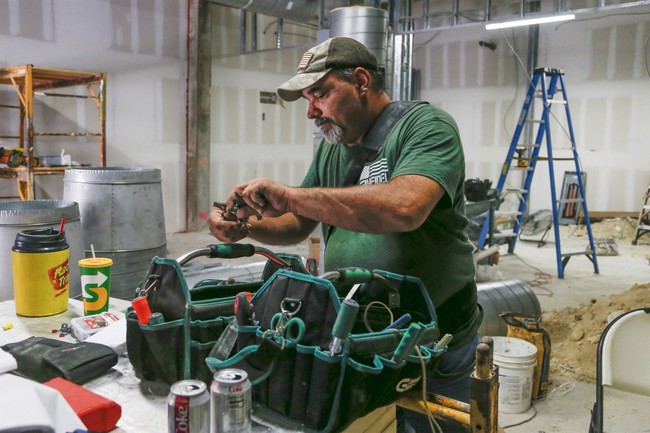In the early days of computer communication, before the advent of the internet, there was a system known as Fidonet. Fidonet, short for "File Distribution Network," was a decentralized network of bulletin board systems (BBS) that allowed users to communicate with one another via electronic mail and message boards. Despite the primitive technology of the time, Fidonet was the first true social network, and it played a critical role in the development of online communities.
Fidonet was founded in 1984 by Tom Jennings, a computer programmer and BBS enthusiast. The system was designed to connect BBS users across the United States, allowing them to exchange messages, files, and ideas. At the time, most BBS users were isolated from one another, as the systems were typically run by individuals or small groups on a local basis. Fidonet changed that by linking BBSes together, creating a network of users who could communicate with one another regardless of their location.
Fidonet grew rapidly in popularity, and by the late 1980s, it had become an international network with thousands of "nodes" and tens of thousands of users. The system was organized into a hierarchical structure, with local BBSes connecting to regional hubs, which in turn connected to the central hub in Kansas City. This structure allowed for efficient and reliable communication, and it helped to keep the network running smoothly despite its size.
One of the key features of Fidonet was its use of electronic mail, known then as "netmail". Users could send messages to one another, regardless of their location, and the messages would be relayed through the network until they reached their destination. This was a revolutionary concept at the time, as most BBSes only allowed for local messaging. Fidonet's e-mail system allowed users to communicate with one another in a way that was previously impossible.
Another important feature of Fidonet was its message boards, or "echoes." These were public forums where users could post messages on a wide range of topics, from technical discussions to personal anecdotes. The echoes allowed users to share information, ask for help, and make new friends. They also helped to build a sense of community among Fidonet users, as people from all over the world could participate in discussions and share their experiences.
Fidonet's success was due in part to its decentralized nature. Unlike modern social networks, which are controlled by a single company, Fidonet was run by a community of users. Each BBS operator was responsible for running their own system, and they were free to set their own rules and policies. This approach allowed Fidonet to evolve organically, as users could experiment with new features and ideas.
Despite its popularity, Fidonet faced several challenges in the 1990s. The rise of the internet and the World Wide Web made it easier for people to connect with one another, and many Fidonet users began to migrate to other online communities. Additionally, the cost of running a BBS became increasingly expensive as the technology advanced, and many BBS operators could no longer afford to keep their systems running.
Despite these challenges, Fidonet has left a lasting legacy. The system was the first true social network, and it paved the way for the development of the internet and modern social media. Fidonet's e-mail and message board systems were groundbreaking, and they inspired the development of similar features on other online platforms. Additionally, Fidonet's decentralized structure was ahead of its time, and it continues to influence the design of modern peer-to-peer networks.
Today, Fidonet is still in use, although it has a much smaller community of users. However, the spirit of Fidonet lives on in other online communities, such as forums and message boards, and telnet accessible BBS systems, which continue to provide a sense of belonging and connection for users. The principles of decentralization and community-driven development that Fidonet pioneered continue to shape the way we think about online communication.
Fidonet International was the first true social network, connecting users from around the world through electronic mail and message boards. Its decentralized structure and community-driven development were ahead of its time, and continue to inspire the design of online communities today. Fidonet may not be as well-known as other social networks, but its impact on the development of online communication cannot be overstated. It truly was a revolutionary system that changed the way we connect and communicate with one another.
YubNub Team
36 Blog posts












